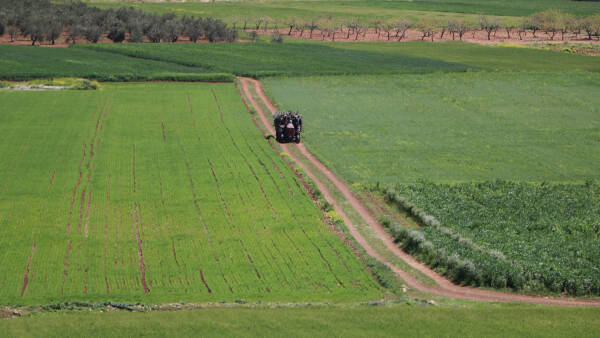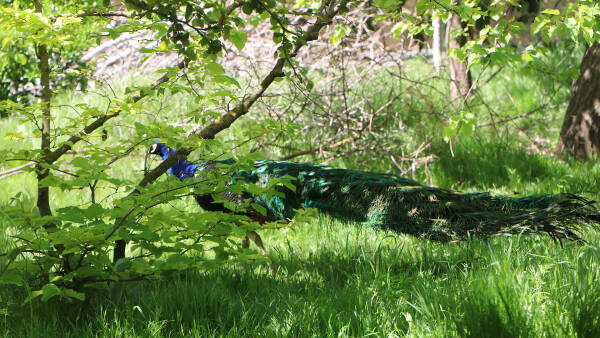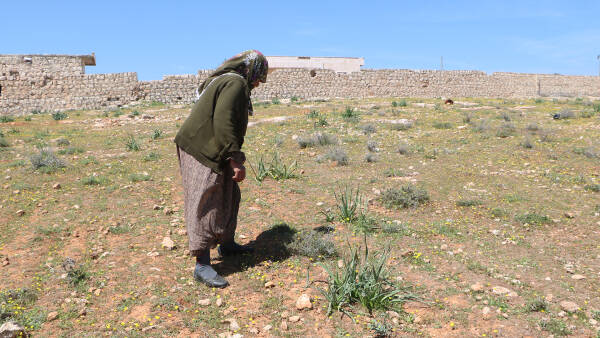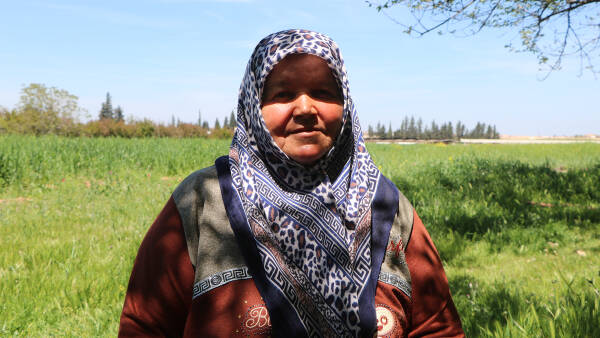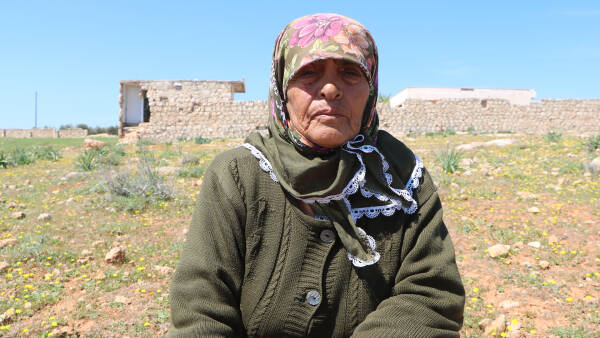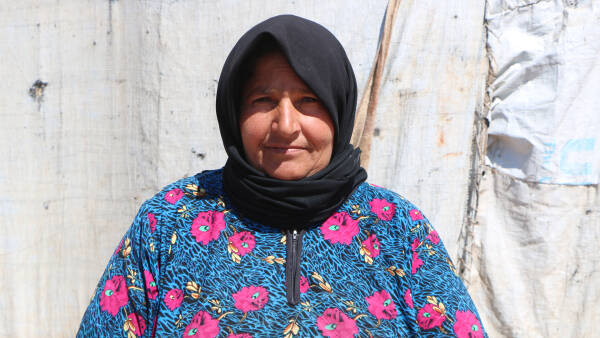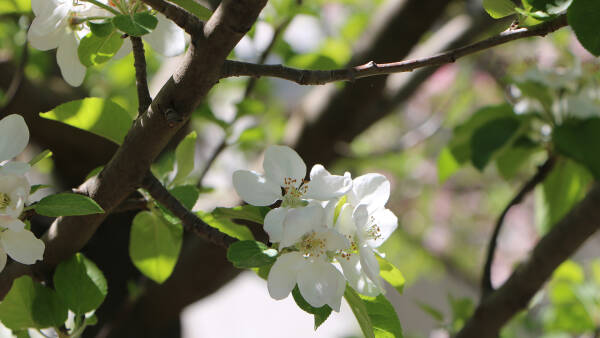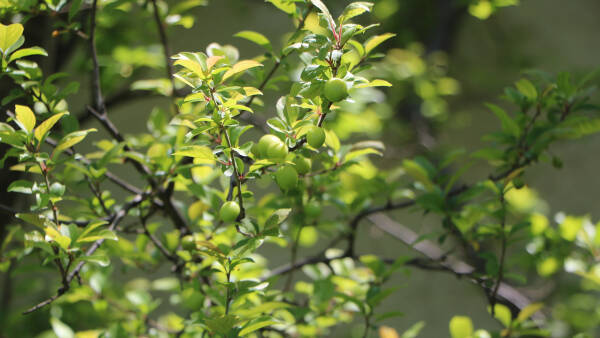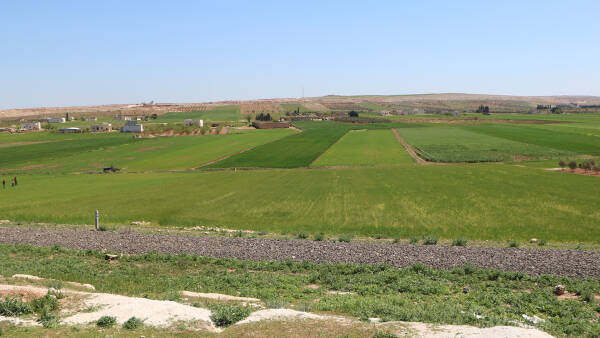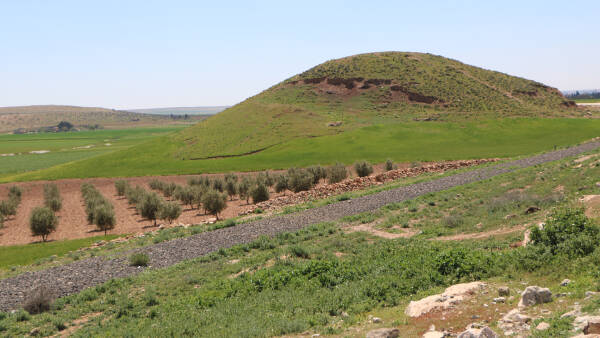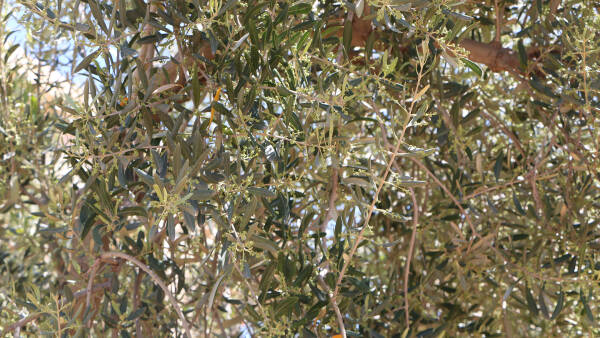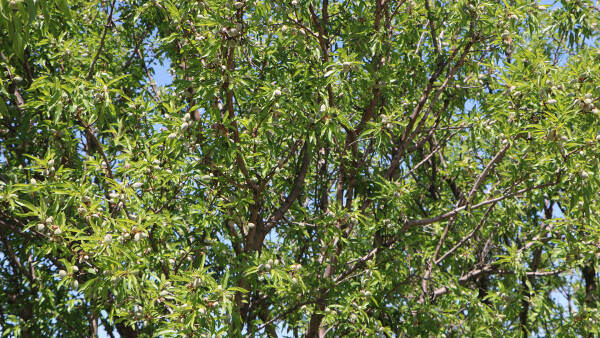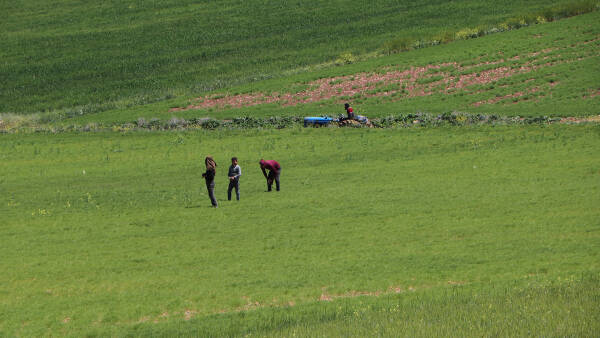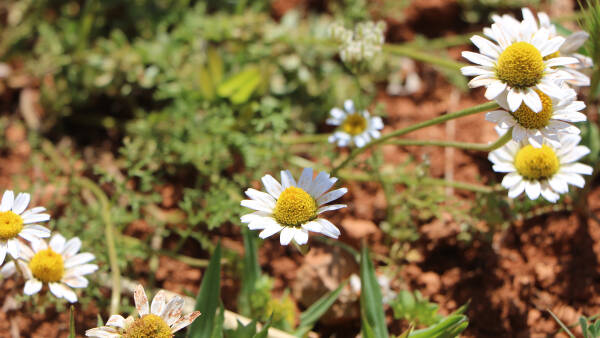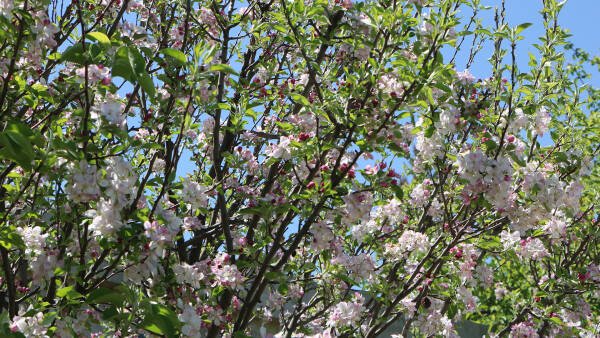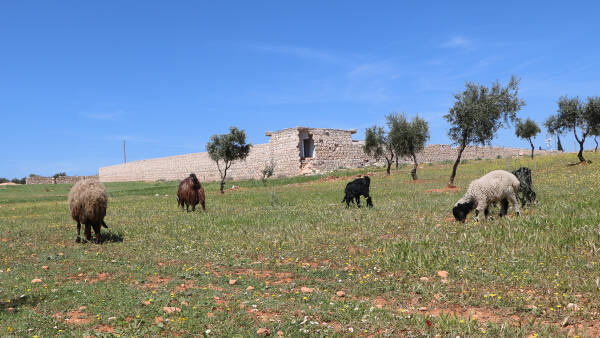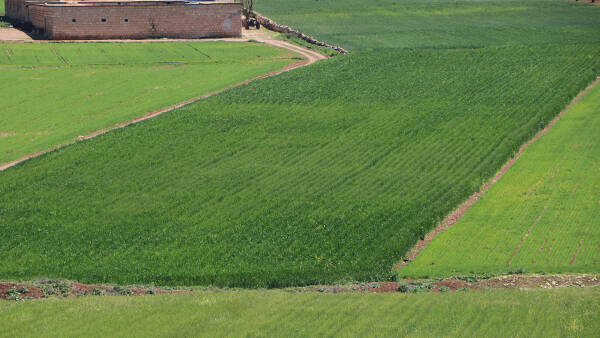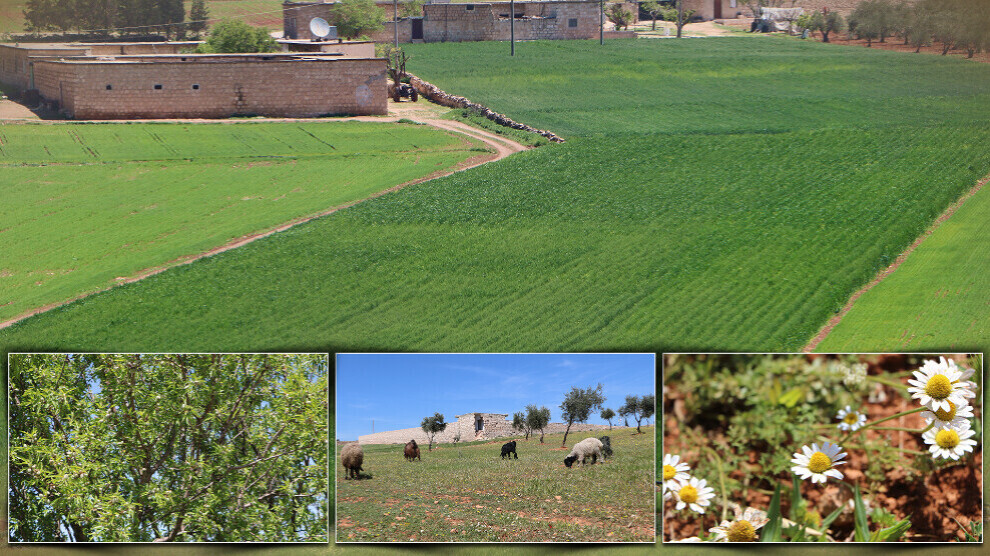The displaced women of Afrin and the women of Shahba, who are engaged in agriculture and husbandry, say that the blessings of spring this year ease their suffering under siege.
In the Shahba Canton of North and East Syria, this year, the precipitation in the spring has increased the crop yields compared to previous years. While the violations in Shehba Canton due to the embargo of the Syrian government remain on the agenda, all entrances and exits of the city are still blocked. The Shahba Canton hosts thousands of the people of Afrin, who were forced into displacement due to the Turkish occupation in Afrin.
50-year-old Fatima Ahmed, one of the displaced women of Afrin staying in the Shahba Canton, said, “I was engaged in husbandry in Afrin. We earned a living from husbandry. We had to leave Afrin and settle in Shahba due to the occupation. Now, our living conditions have become tragic. We bought some sheep here. Every morning, I wake up early to milk the sheep and then boil milk to make yogurt and cheese. My children take the sheep to high places in spring in order to graze the sheep.”
The blessings of spring
Fatima Ahmed noted that this year was a productive year for them thanks to the rains in the spring. “Rains have revived livestock and agriculture. We could not buy our daily needs due to the rising prices. I hope this will change this year. We need diesel fuel; however, we have difficulties in accessing it this year. Relevant authorities should raise their voices against the Turkish state’s occupation in Afrin and push the Turkish state out of Afrin. We struggle to survive in Shahba due to the Turkish occupation. The international community and human rights organizations should raise their voices against the Turkish occupation in Afrin.”
‘We work collectively’
56-year-old Alia Muhammed is one of the women engaged in agriculture in the Shahba Canton. “We are from the Hassin village of Shahba and we are farmers growing wheat, barley, beans, potatoes, vegetables to earn a living. In addition, we have fruit trees to earn a living,” she said, “We, as women, have a close bond with agriculture. That’s why we feel happy when we go to agricultural lands. As women, we meet early in the morning and go to agricultural lands. We work there collectively. However, we face difficulties in irrigating our agricultural lands due to the lack of fuel and fertilizer every year.”
‘Women in Shahba suffer a lot’
“This year’s spring rains strengthen us to resist,” 70-year-old Sultana Qasim, a displaced woman of Afrin, said, “There is a fascinating view of various flowers in Shahba now. I have collected daisies and thyme. I planted vegetables next to my house in the village of Granada because we cannot buy vegetables due to the rising prices. Women in Shahba suffer a lot. Despite everything, the Autonomous Administration makes great efforts to meet all the needs of the people.”
